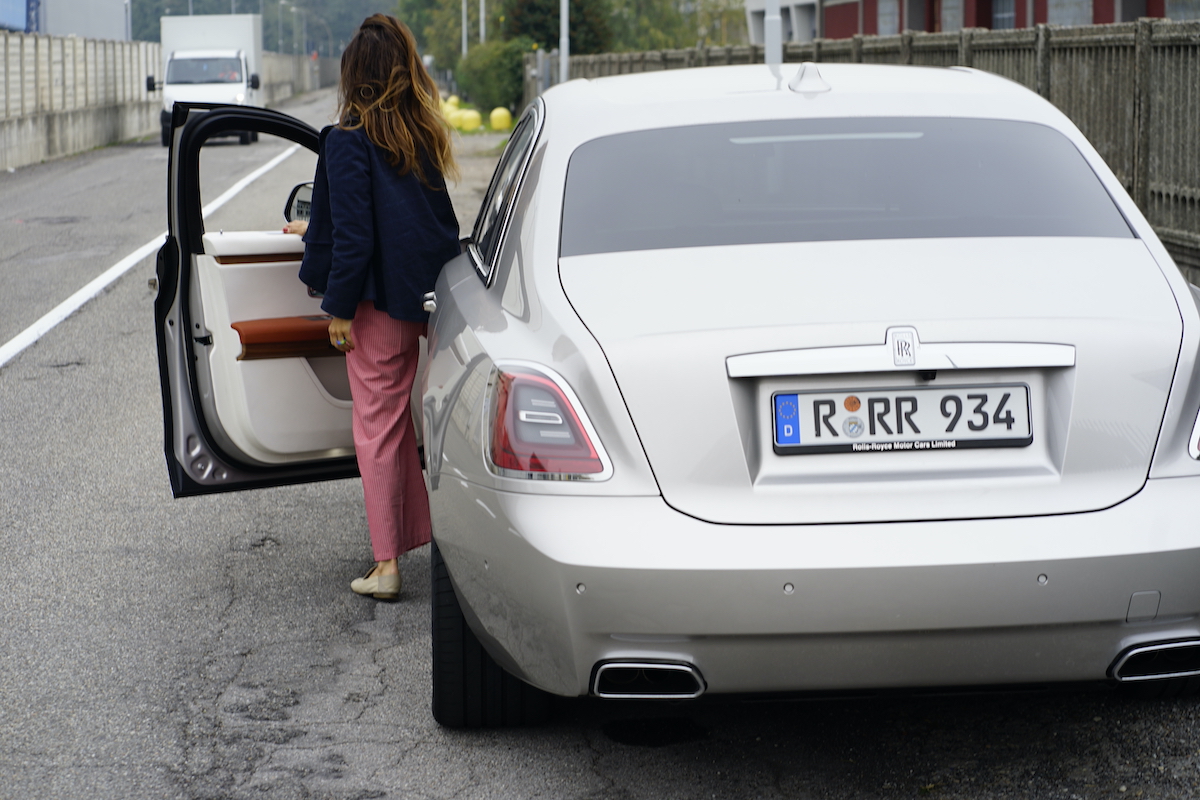Italian fabric producer Gentili Mosconi is considered one of the most innovative and progressive in the fabric industry. There is almost no company in the luxury fashion industry that does not work with the company in Como. Behind this is great passion for fabric design, but also innovation and pleasure in working closely with customers. We were lucky enough to meet the owner of this normally very secretive company, Francesco Gentili, in Como for a lively conversation.
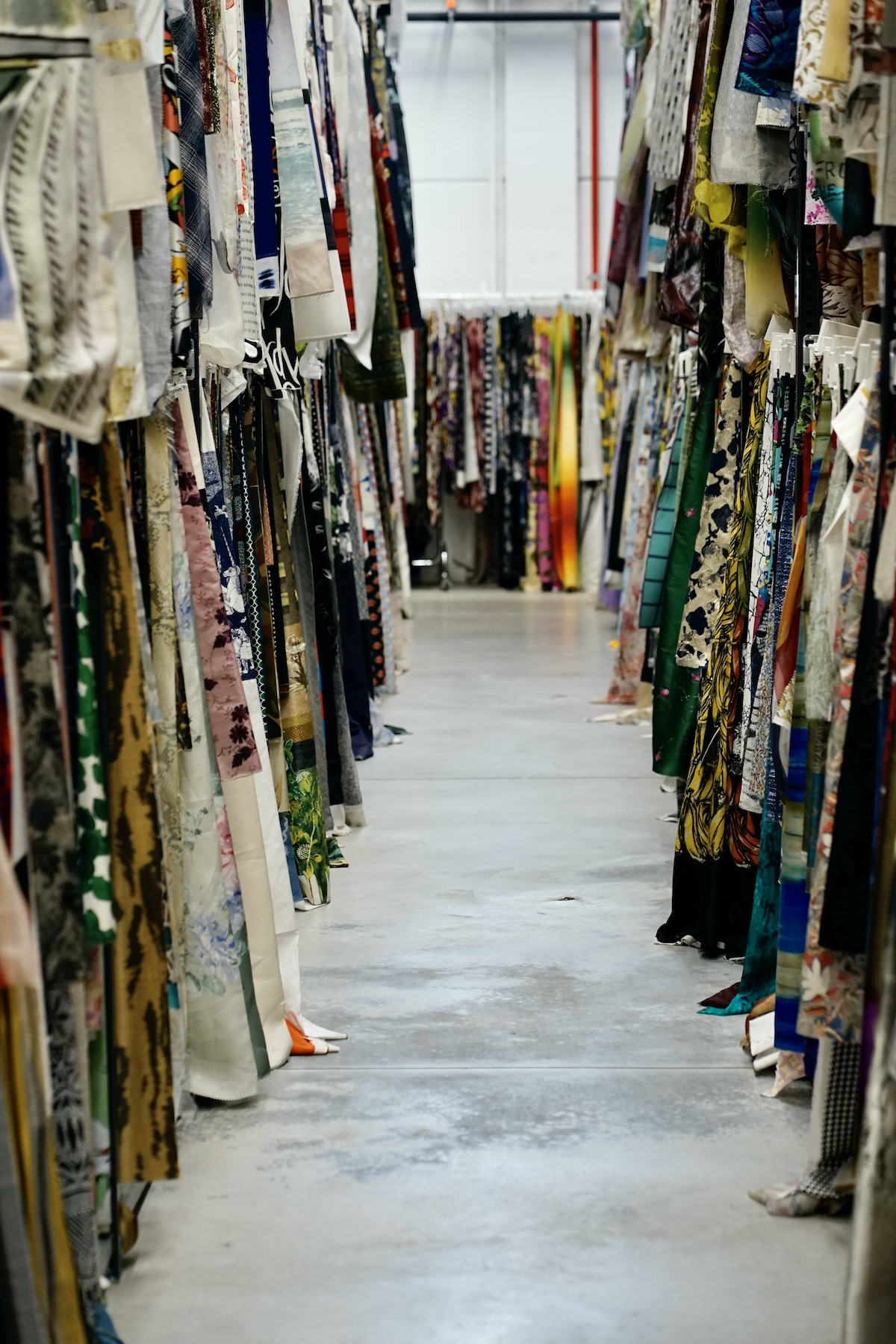
IRMA: Mr Gentili, your company develops many fabrics and designs in-house. Is there a particular source of inspiration for your team?
Francesco Gentili: The greatest pleasure for me is to discover special fabrics and antique garments during my travels around the world. In the meantime, I have a very large collection of old fabrics, e.g. 200-year-old Indian hand-knotted shawls or hundred-year-old kimonos from Kyoto. Supplemented by over 60.000 drawings and old pattern books, the oldest is even over 150 years old.
We use these old patterns as creative inspiration for the designers who visit us to develop their collections.
It is certainly one of the largest collections of its kind in Italy.
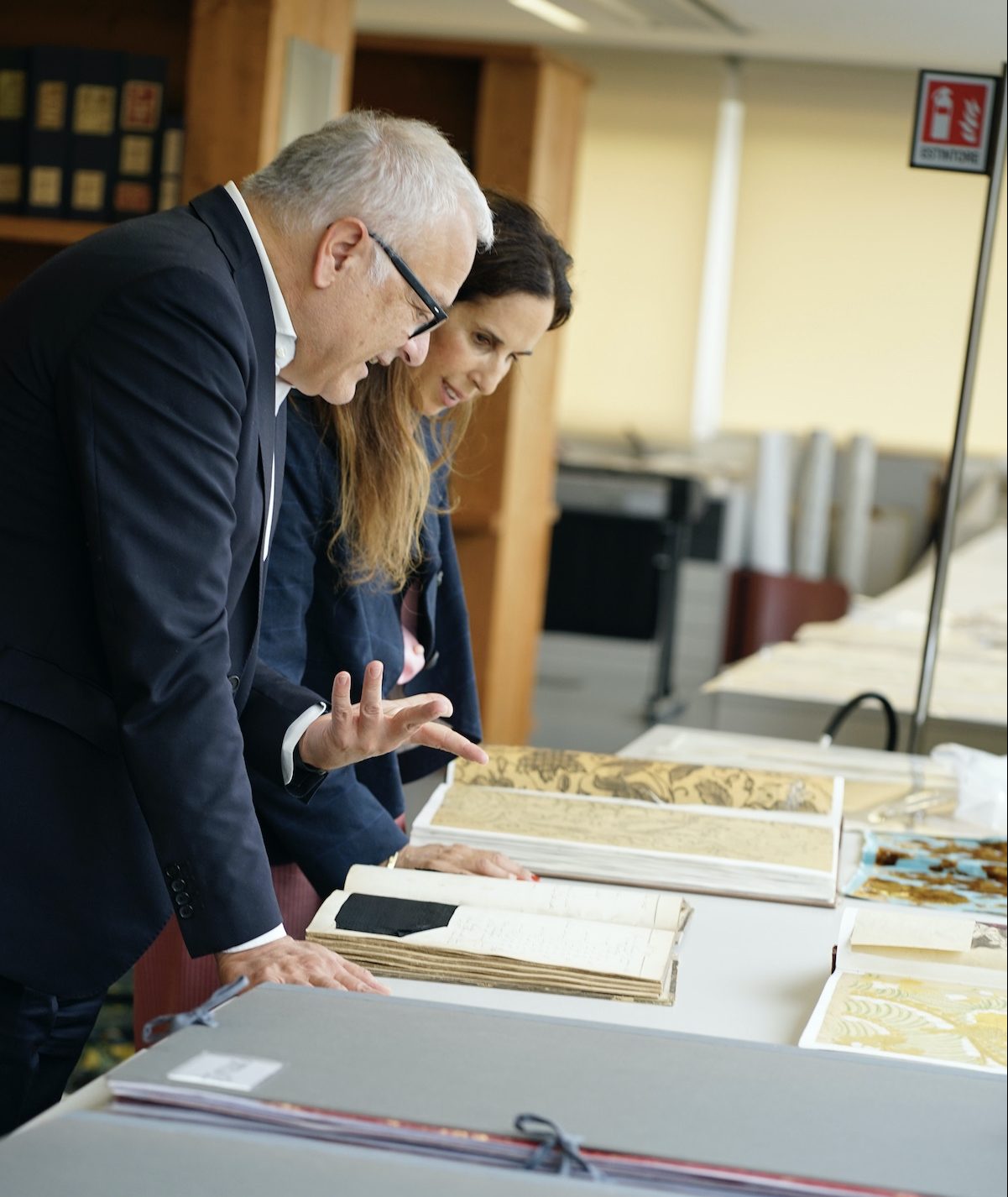
IRMA: How has Gentili Mosconi developed over the years?
Francesco Gentili: When I founded the company with my wife over 30 years ago, there were only two of us. Now we have over 170 employees at three locations. We develop fabrics and designs at least four times a year for the most exclusive couture and Prêt-à-porter houses in the world. And for some years now also for yachts and interiors. (Gentili Mosconi Home)
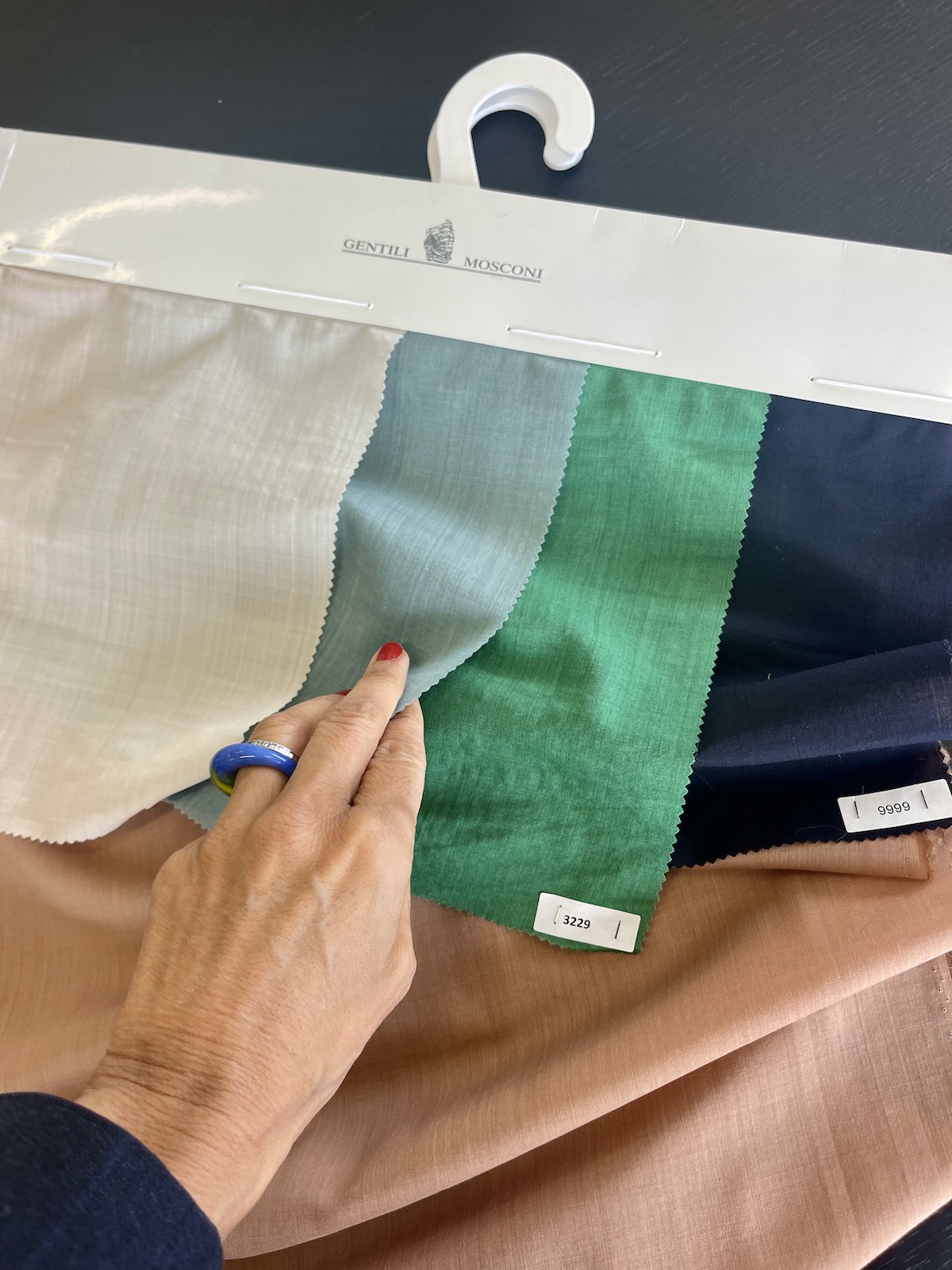
IRMA: Rising energy prices are making production more expensive everywhere. How do you deal with this?
Francesco Gentili: At the moment, fabric production, as weaving, but also printing the fabrics, has become very expensive due to the high energy input. However, since we relied on renewable energies such as solar energy and geothermal energy at an early stage, we were able to reduce the cost pressure. In addition, our positioning as a developer and producer of the highest quality fabrics for the luxury industry makes us less vulnerable to price fluctuations.
We have also benefited from the decisions of many luxury brands to bring production closer to home. As a result, supply chain uncertainties, as well as increased environmental concerns, are being factored into companies’ purchasing decisions.
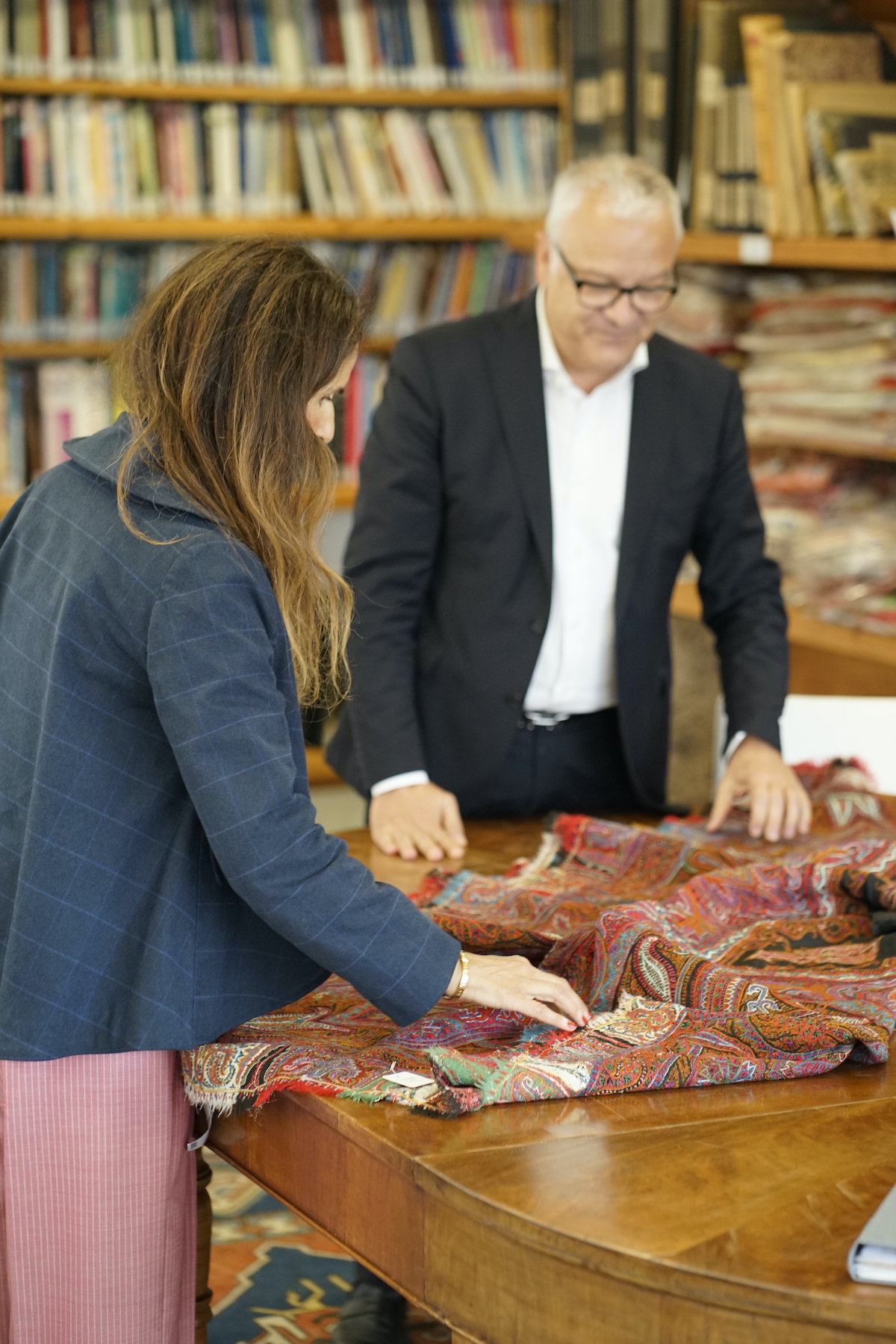
IRMA: What is particularly close to your heart?
Francesco Gentili: I particularly enjoy unusual projects like developing fabrics for the interior of luxury cars. In the future, we will certainly see implementations here that even exceed leather in terms of their value.
But I am particularly concerned about the sustainability of production and design. We create something of particularly high quality and know what we have nature to thank for it. Therefore, a closed cycle in production, avoiding surplus and unnecessary waste, is particularly important.
